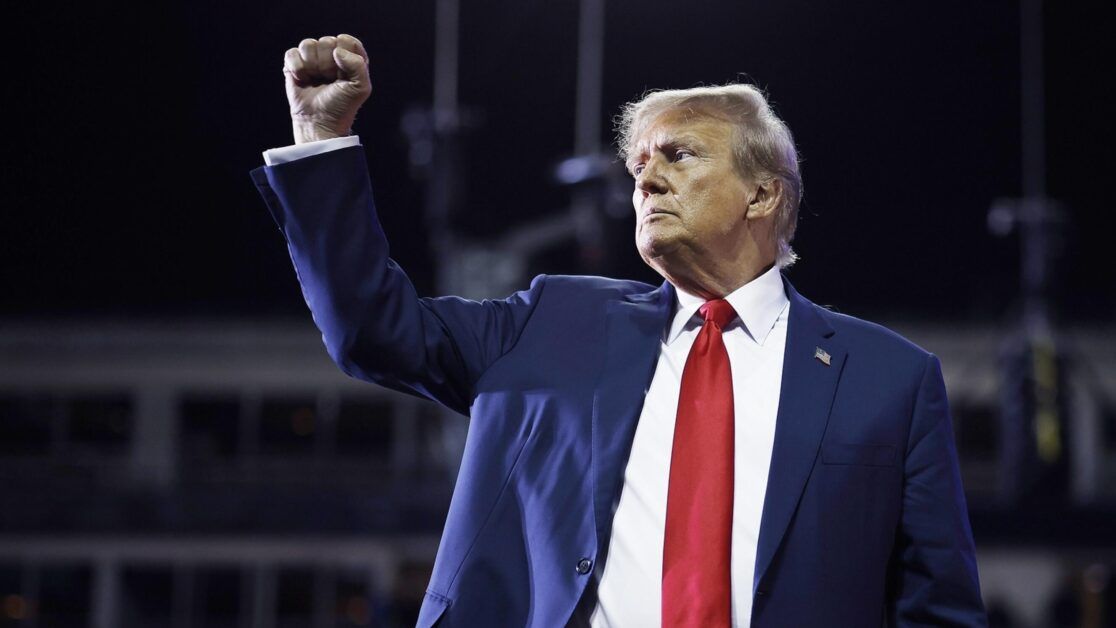Professionals in the shipping sector are more interested in the economic policies that Donald Trump’s administration would implement when he is elected president of the United States, especially in view of the current trade disputes with China.
Analysts feel that Trump’s government would probably support Asia, especially China, to guarantee fair competition for America while simultaneously anticipating that Asia would boost exports to the US.
That because of economies of scale, this might make imports from Asia more feasible. Additionally, they pointed out that Trump’s policies supporting domestic fossil fuel production could force trading partners to renegotiate accords, resulting in dynamic and possibly unstable trade flows.
While shipping may experience turbulent times, but US-Asia agreement would boost ton-miles and encourage bilateral commerce may be advantageous.
On the other hand, longer delivery periods could replace shorter ones if US-European relations decline.
Experts in the container shipping sector are forecasting a brief increase in US import demand as shippers accelerate imports of non-time-sensitive items in anticipation of new duties. They anticipate changes in supply chain dynamics as a result of the escalating trade disputes in the United States in the long run.
Shipping and retail industry experts predict that freight charges will soar, just like they did during his first term from 2017 to 2021, when ocean container shipping rates increased by more than 70% after new tariffs were announced in 2018.
In contrast to the decreased connectivity rates during Trump’s first term from 2016 to 2020, U.S. connectivity measures show a 3.37% increase from 2020 to 2024.
The higher tariffs imposed by the Trump administration may have contributed to the poorer connection indicators from 2016–2020 as opposed to 2020–2024. Thus, the observed decline in US connection during that time was probably caused by the policy change toward higher tariffs during Trump’s first term.







